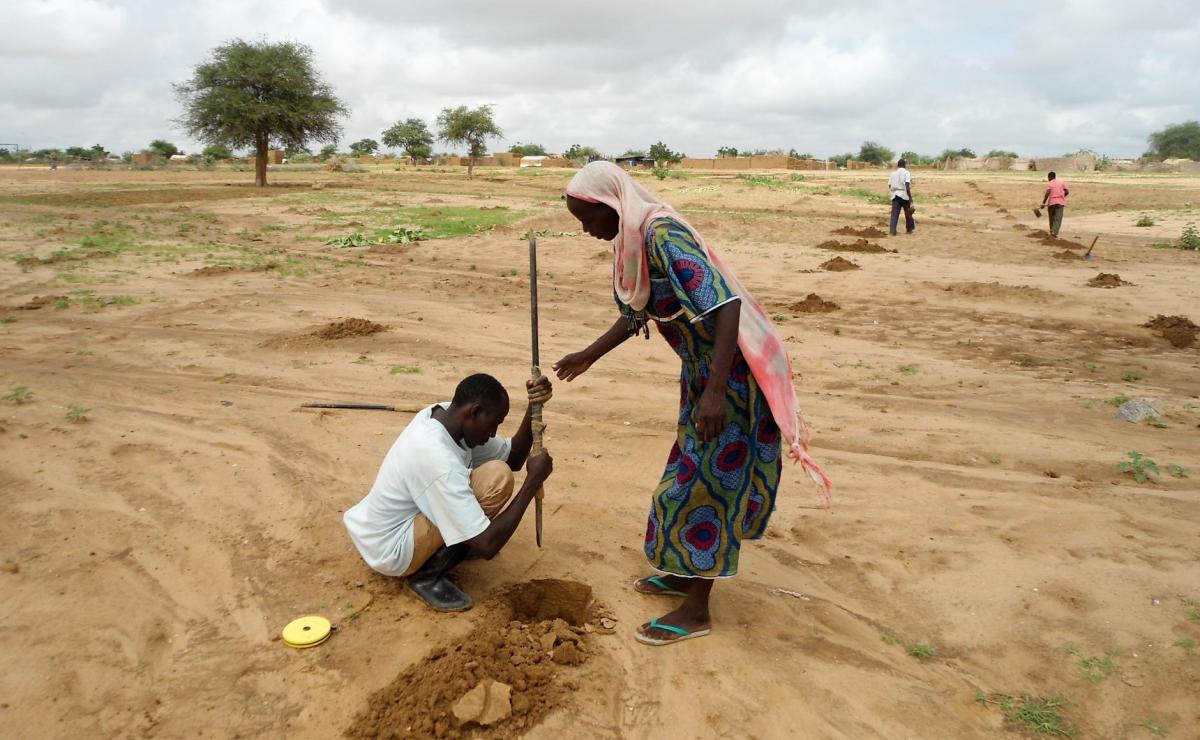LWF Chad supports the preservation and management of natural resources

Communities’ livelihoods are highly dependent on the conservation of their environment and, because of the fragility of local ecosystems and the added pressure of new populations' arrival, the availability of natural resources is a source of conflict between communities.
LWF Chad implements a wide array of environmental projects and activities to help refugees, IDPs, returnees and host communities in dealing with rapidly degrading environments.
LWF Chad assist communities with awareness and education campaigns, wood distributions, compensation projects and promotes the use of alternative energy sources. The promotion of alternative energy also introduces new upgraded and solar stoves (like the Afrah or Saves80) and encourages the use of alternative combustibles (like bricks made from cow feces and peanut).
In addition to its actions on the demand for wood, LWF Chad implements direct deforestation compensation projects like seed banks, reforestation and natural regeneration areas. LWF Chad also helps communities by encouraging a sustainable and durable agriculture to compensate the degradation of their environment.
Even if the whole community participates to activities, LWF Chad encourages the creation of environmental and reforestation committees and trains auxiliaries to help in the seed banks and promote alternative energies.
The aim of the implemented strategy is to raise awareness and reinforce communities’ capacities so that they become independent in the sustainable management of natural resources.
Zaneba is a 37 years old women living alone with her two children in the Gaga refugee camp. She has been working with one of the LWF Chad seed bank since 2010.
"At first the population was reluctant to participate in the project to plant trees", she tells us their training helped to raise communities’ awareness and with time, more and more families started planting fruit trees near their shelters.
Zaneba explains that the seedling production also helps auxiliares better support their families: “with my income I can better support by family and take care of my children”

